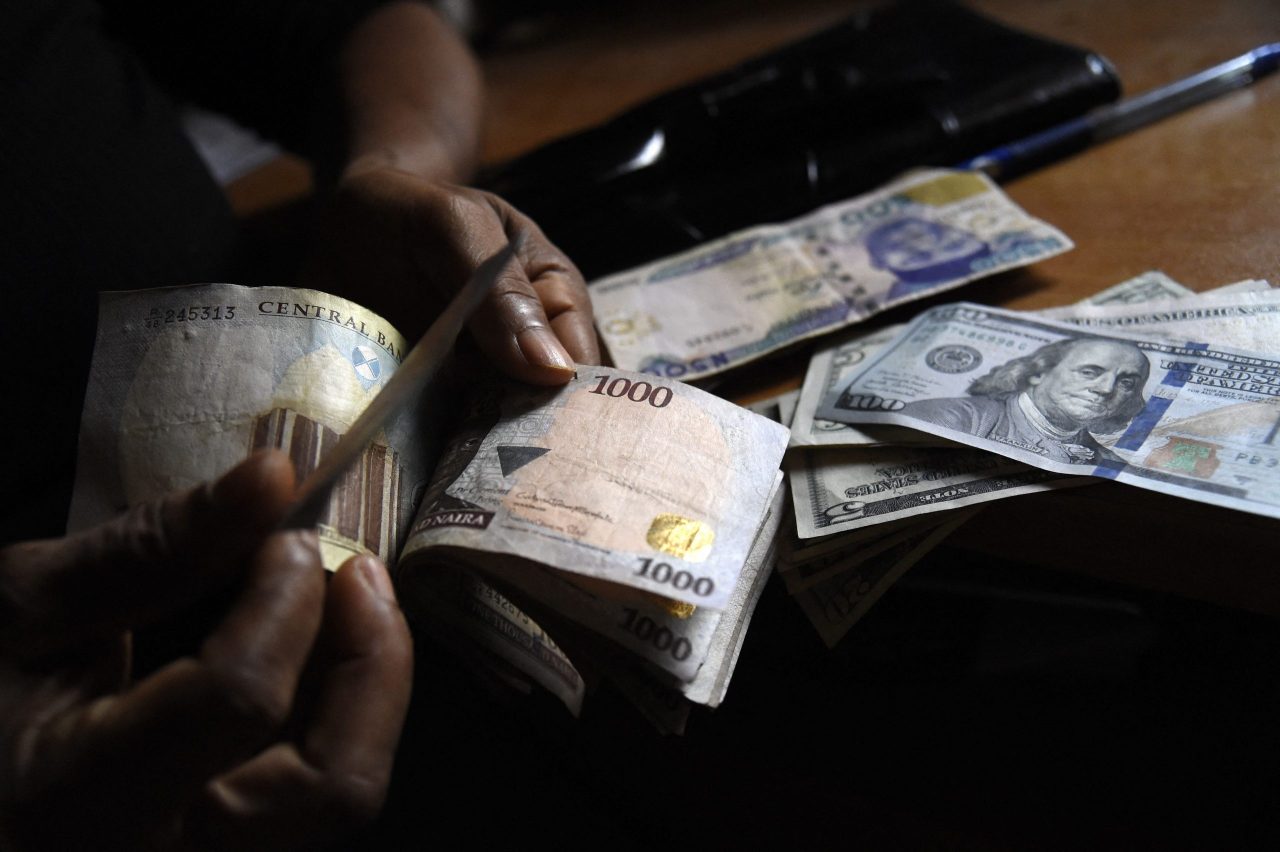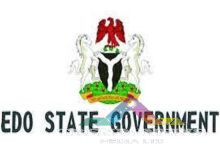Harder days as energy costs trigger new round of expansion

Rising energy costs both in electricity and fuel segments, geopolitical tension, and fiscal indiscipline have triggered fresh concern over fast-rising prices even as headline inflation rose marginally to 15.7 percent in February, 0.1 percent higher than the January figure.
The latest inflation data were contained in the February consumer price index (CPI) released by the National Bureau of Statistics (NBS), yesterday.
But a professor of applied economics, Godwin Owoh, balked at the reliability of the data, insisting the aggregation might be mathematically correct but cannot be empirically proven.
The economists, who warned that the crisis in the energy market suggests that the days ahead could be tougher than what has been experienced in recent years, said the inflation data may doctored to achieve a predetermined political objective.
The food inflation rate, which is a closely watched index, dropped to 17.11 per cent in February 2022 from 17.13 per cent recorded in the previous month. This represents the lowest food inflation rate recorded in Nigeria since September 2020.
The integrity question of the country’s inflation came to the fore last year, as prices nearly doubled every month while NBS continues to report “moderating” figures.
An independent survey by The Guardian suggested that prices of essential commodities, including food (which has the highest weighted average), had increased by a range between 50 and 100 per cent last year. Another survey by the Lagos Business School had also reported a year-to-date (YTD) increase of over 90 per cent across essential commodities.
Speaking with The Guardian from Enugu, yesterday, Owoh questioned the figures again, saying most prices have doubled or tripled in the past few months and accused NBS of reporting data that could not be related to market realities.
“I give you an example. Last month, I paid N1, 250 for a plate of eggs, bread and tea in the hotel I lodged in Enugu. Today (yesterday), I paid N2, 700 for the same meal in the same hotel restaurant. The price of natural honey in my village has tripled between early last year and today.
“This is the change you see across commodities and services. In February, the school enrolled a few kids on my scholarship scheme in Abuja and wrote to me that it has increased the border fees, as what I paid in January could no longer sustain the kids. I had a choice – move them to day-programme or top up the original fees. This is what you hear and see all over. Those figures have no connection with reality,” Owoh argued.
In a previous interview, the economist who had consulted for the World Bank and other international organisations, said only a politically-independent team of experts could ascertain the true rate of inflation in the country as NBS has been hijacked by the political class and its survey is highly manipulated to deceive Nigerians.
In yesterday’s interview, he questioned the NBS processes and methodology, again, insisting that national inflation should be aggregated from the bottom up and not “working from solutions to questions’’. He challenged the Bureau to show the worksheets of the “so-called national inflation” state-by-state.
He noted that no state economic planning or statistics office is aware, much less immersed in the NBS state sub-national inflation methodology, arguing that it randomly picks a few items for estimation rather than doing a thorough study.
AS of yesterday, a litre of diesel, which most manufacturers rely on to power their plants, was heading to N800, increasing by around 150 per cent YTD. Economists have called on the Federal Government to waive some of the taxes and levies on imported petroleum products, especially those that have been deregulated.
Chief Executive Officer, Centre for the Promotion of Private Enterprise (CPPE), Dr. Muda Yusuf, added that Nigeria needs to quickly improve its refining capacity.
Yusuf said: “What needs to be done now from the point of view of the energy costs is for us to quickly move to improve our domestic refining capacity of petroleum products so that our vulnerability to shocks of crude oil prices will reduce.
“The second point is for the government to look at all the taxes and levies inherent in the importation of petroleum products. If there are taxes or levies, the government should waive all of them, particularly for those components that have been deregulated to enable us to pass through this crisis.”
The economist also urged the government to create a window for those importing petroleum products to access foreign exchange easily, adding that many of them complain that they do not have forex and that parallel markets sustain them.
“CBN should stop financing the government deficit; that is also highly inflationary. It should adhere to what the CBN Act says as far as CBN financing of the deficit is concerned. That will also help from the monetary side.”
Yusuf said it was important to address insecurity. He said farmers would need to return to farms to ease the food price crisis.
The inflation rate, in the past years, has been driven by food inflation, with the differential between core and food segments heading to 10 percentage points sometime last year.
Also speaking, the Vice President, Mining at the Abuja Chamber of Commerce and Industry (ACCI), Dr. Johnson Anne, said Nigerians need to adjust their lifestyles in line with reality.
Director of ACCI Policy Centre, Dr. Olawale Rasheed, agreed that there is a need for citizens to check their expenditures.
A professor of economics at Olabisi Onabanjo University, Sheriffdeen Tella, also said there is no doubt that tougher times are ahead for Nigerians, given that the country has to pay more for the importation of refined oil products and others, which will wipe the higher earnings from crude export.
He said that the time is ripe for the Federal Government to make strategic plans and give particular attention to domestic refining.
According to him, the ongoing Russia- Ukraine conflict had escalated the prices of petroleum products at the international market, which is currently having a multiplier effect in Nigeria.
He insisted that the only way out of the quagmire is for the government to resuscitate the nation’s comatose refineries and embark on building new ones to boost production capacity.
Tella suggested that the government should hand over the moribund companies to the private sector, noting that active private sector involvement is needed to resuscitate the ailing sector.
He also stressed the need to support local businesses that are using domestic raw materials to produce goods instead of imposing a tax on them to compound the high cost of domestic production.
Vice President, Highcap Securities, David Adonri said the remote cause of the inflation is traceable to the age-long import dependence of the economy.
He said: “Any external shock that depresses the value of the Naira is reflected immediately in the rise of domestic inflation. Already existing external shocks connected to rising inflation in industrialized economies and the rise in their interest rate is capable of battering the Nigerian economy in two ways.
“Now compounding these external shocks is the global disruption to trade and finance caused by the reign of terror unleashed on Ukraine by devilish Russia. The impact will certainly exacerbate inflation in Nigeria despite the windfall from crude oil sales because of imported inflation.”
He said unless Nigeria boosts its manufacturing base to aid industrialization and reduce over-dependence on importation, the nation would not witness any meaningful growth.
MEANWHILE, the country’s trade deficit continues to widen. Last year, the country posted a trade deficit of N1.94 trillion.
According to the breakdown of foreign trade statistics released yesterday, of the N39.75 trillion total trade value recorded last year, exports accounted for 48 percent while import was valued at 52 percent.
Last year’s trade deficit was wider than that of 2020 in percentage and absolute terms. It was 96 percent higher than the 178.3 billion recorded in 2020.
In 2020 also, the total exports accounted for 49.6 percent of the value of foreign trade, which was N25.2 trillion. Until 2020, Nigeria’s trade balance was positive. In 2018 and 2019, for instance, the figures stood at N5.37 trillion and N2.23 trillion respectively. Experts said the widening trade deficit is partly responsible for fiscal challenges currently faced.



